#wystan hugh auden
Explore tagged Tumblr posts
Text
We would rather be ruined than changed We would rather die in our dread Than climb the cross of the moment And let our illusions die
— Wystan Hugh Auden
7 notes
·
View notes
Photo

Un libro vero non è quello che si legge, ma quello che ci legge.
24 notes
·
View notes
Text
1417- El mal es vulgar y siempre humano, y duerme en nuestra cama y come en nuestra mesa.
(Wystan Hugh Auden)
#palabras#frases#textos#textos nocturnos#pensamientos#vida#culture#books & libraries#derechos humanos#descubierta#mal descendants#Wystan Hugh Auden
3 notes
·
View notes
Text
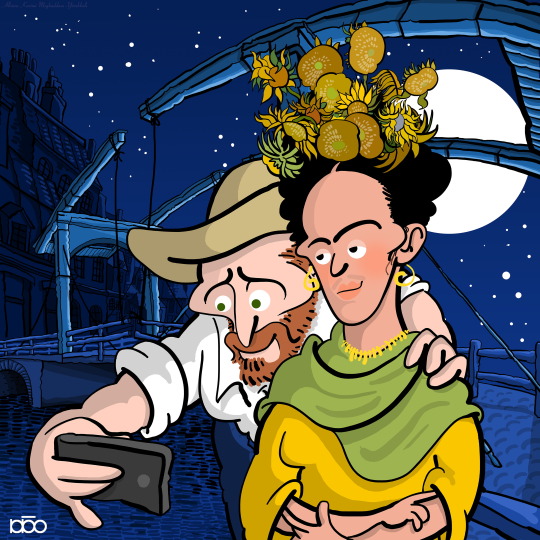
Alla’sen Söyle Nedir Aşkın Aslı Astarı! - W.H. Auden Çeviri: Can Yücel Kimine göre ufak bir çocuktur aşk, Kimine göre bir kuş, Kimi der, onun üstünde durur dünya, Kimi der, kalp kuruş; Ama komşuya sordum, nedense yüzüme Mânalı mânalı baktı, Karısı bir kızdı bir kızdı, sormayın, Aşkedecekti tokadı. Şıpıtık terliğe mi benzer yoksa Yoksa kandil çöreğine mi, Hacıyağına mı benzer dersin kokusu Yoksa leylâk çiçeğine mi? Çalı gibi dikenli mi, batar mı eline, Andırır mı yoksa pufla yastıkları, Keskin mi kenarı yoksa yatar mı eline? Alla’sen söyle nedir aşkın aslı astarı! Tarih kitapları dokundurur geçer Köşesinde kenarında, Hele bir lâfı açılmaya görsün Şirket vapurlarında; Eksik olmaz gazetelerden, bilhassa İntihar haberlerinde, Mâniler düzmüşler gördüm üstüne Telefon rehberlerinde. Aç kurtlar gibi ulur mu dersin Bando gibi gümbürder mi yoksa, Taklit edebilir misin istesen kemençede, Ne dersin piyanoda çalınsa; Çiftetelli gibi coşturur mu herkesi Yoksa ağıraksak bir hava mı? İstediğin zaman kesilir mi sesi? Alla’sen söyle nedir aşkın aslı astarı! Bir hâl oldum çardakların altında Onu araya araya, Küçüksu’ya baktım, orada da yok, Boşuna çıktım Çamlıca’ya; Anlamadım gitti bülbülün şarkısını, Bir acayip gülün lisanı da; Benim bildiğim o kümeste değildi Ne de yatağın altında. Aklına esince çıkarabilir mi dilini, Başı döner mi asma salıncakta, At yarışlarında mı geçirir hafta tatilini, Usta mı düğüm atmakta, Millet der peygamber demez mi, Para mevzuunda nedir efkârı, Borç alır borcunu ödemez mi? Alla’sen söyle nedir aşkın aslı astarı! Ona rastladığı zaman duyduğu şeyleri Kabil değil unutamazmış insan, Yolunu gözlerim bacak kadardan beri Ama o geçmedi bile yanımdan; Merdiven dayadım otuz beşine, Öğrenemedim gitti bir türlü, Nemene mahlûktur bu düşerler peşine Bunca insan geceli gündüzlü? Gelsin ya, nasıl, pat diye gelir mi dersin Burnumu karıştırırken tatlı tatlı, Ya tutar yatakta bastırırsa sabahleyin? Talih bu ya, otobüste nasırıma basmalı! Gelişi yoksa havalardan anlaşılır mı, Selâmı efendice mi yoksa gider mi aşırı, Değiştirir mi dersin bir kalemle hayatımı? Alla’sen söyle nedir aşkın aslı astarı! - W.H. Auden (Wystan Hugh Auden), Alla’sen Söyle Nedir Aşkın Aslı Astarı! - Çeviri: Can Yücel (Can Yücel, Her Boydan, Dünya Şiirinden Seçmeler) - Görsel: Alireza Karimi Moghaddam
#Can Yücel#Alla’sen Söyle Nedir Aşkın Aslı Astarı!#Alla’sen Söyle Nedir Aşkın Aslı Astarı#W.H. Auden#Wystan Hugh Auden#Şiir#Her Boydan#Dünya Şiirinden Seçmeler#Her Boydan / Dünya Şiirinden Seçmeler#Çeviri#Aşk#Sevgi#Hayat#Yaşam#İnsan#Yürekbalı#Şiir Çevirisi#Alireza Karimi Moghaddam#Vincent van Gogh#Van Gogh#Vincent Willem Van Gogh#Frida Kahlo#Magdalena Carmen Frida Kahlo Calderon#Ressam
17 notes
·
View notes
Quote
I’m writing songs for my next Bad Seeds record, so I tend to read more poetry and poetic prose to sort of get me in the swing of things. Lucille Clifton, Stevie Smith, Simone Weil, E. E. Cummings, Auden, Larkin, all sorts of stuff, a book of fairy tales I read as a child, and before I sleep, Roger Deakin’s beautiful book, Waterlog, a swimmer’s journey through Britain. It lulls me to sleep and gives me floaty dreams.
NICK CAVE
#NICK CAVE#nick cave and the bad seeds#lucille clifton#stevie smith#simone weil#e.e. cummings#e. e. cummings#w.h. auden#w. h. auden#philip larkin#roger deakin#reading#books#edward estlin cummings#wystan hugh auden
8 notes
·
View notes
Text
Ama l'imperfetto tuo prossimo con l'imperfetto tuo cuore
(Wystan Hugh Auden)
____________________________________
5 notes
·
View notes
Text
La verità, vi prego, sull'amore
Dicono alcuni che amore è un bambinoe alcuni che è un uccello,alcuni che manda avanti il mondoe alcuni che è un’assurditàe quando ho domandato al mio vicino,che aveva tutta l’aria di sapere,sua moglie si è seccata e ha detto chenon era il caso, no. Assomiglia a una coppia di pigiamio al salame dove non c’è da bere?Per l’odore può ricordare i lamao avrà un profumo consolante?È pungente a…

View On WordPress
0 notes
Text
RELATOS IMAGINADOS: FUNERAL BLUES
IMAGINED STORIES: FUNERAL BLUES ANTONIO PIPPO PEDRAGOSA. Periodista, Escritor, Editorialista. COLUMNISTA Tristeza, padecimiento, rebeldía. La pérdida del amor que se creyó eterno. Un poeta estremecido ante un sentimiento nuevo e inesperado es como un pájaro débil, al pie de la rama que lo sostenía con ternura. Sadness, suffering, rebellion. The loss of love that was believed to be eternal. A…
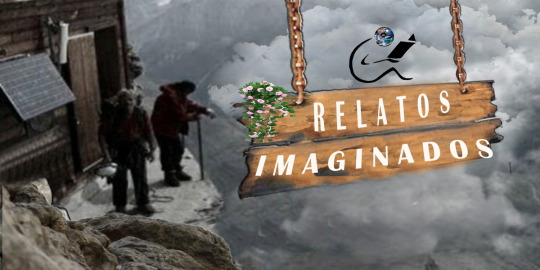
View On WordPress
#ANTONIO PIPPO PEDRAGOSA EL MEJOR DEL 2023#COLUMNA#escritor#FUNERAL BLUES#GRAN BRETAÑA#lomasleido#lomasvistos#RELATOS IMAGINADOS#URUGUAY#WYSTAN HUGH AUDEN
1 note
·
View note
Text
John Ashbery - Autoritratto in uno specchio convesso
Parmigianino, Self Portrait in a Convex Mirror, 1524, Kunsthistorisches Museum, Vienna Autoritratto in uno specchio convesso Come lo fece Parmigianino, la mano destrapiù grossa della testa, spinta verso l’osservatore e graziosamente in rientranza, come a proteggere ciò che mostra. Qualche lastra piombata, vecchie travi, pelliccia, mussola arricciata, un anello di corallo concorrono in un…
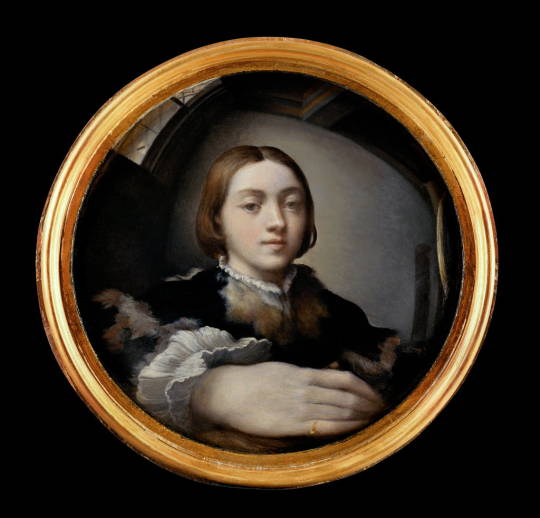
View On WordPress
#Aldo Busi#Giorgio De Chirico#Henri Matisse#John Ashbery#Massimo Bagicalupo#Parmigianino#poesia americana#Wystan Hugh Auden
0 notes
Quote
Geniuses are the luckiest of mortals because what they must do is the same as what they most want to do.
Wile E. Coyote
1 note
·
View note
Text


Il male non è mai straordinario ed è sempre umano. Divide il letto con noi e siede alla nostra tavola. (Wystan Hugh Auden)
#foto mie#fotografia#fotoblog#fotografía original#fotoshooting#my photos#photography#beautiful photos#fotodeldia#photo edit#frasi vita#frasi libri#frasi canzoni#frasi sulla vita#frasi famose#frasi tristi#frasi italiane#frasi belle#frasi e citazioni#frasedelgiorno#frase libro#frasedeldia#frasi#frasi tumblr#frasi pensieri#frasi vere#mis fotos#fotoğraf#fotografo#fotos
11 notes
·
View notes
Text
Cuando llegue, ¿llegará sin previo aviso mientras me esté hurgando la nariz? ¿Derribará mi puerta de buena mañana, o me pisará el pie de buena mañana, o me pisará el pie en el autobús? ¿Vendrá como un cambio de tiempo? ¿Será su saludo tosco o cortés? ¿Alterará mi vida por completo? Oh, dime la verdad sobre el amor.
(Wystan Hugh Auden)

11 notes
·
View notes
Text
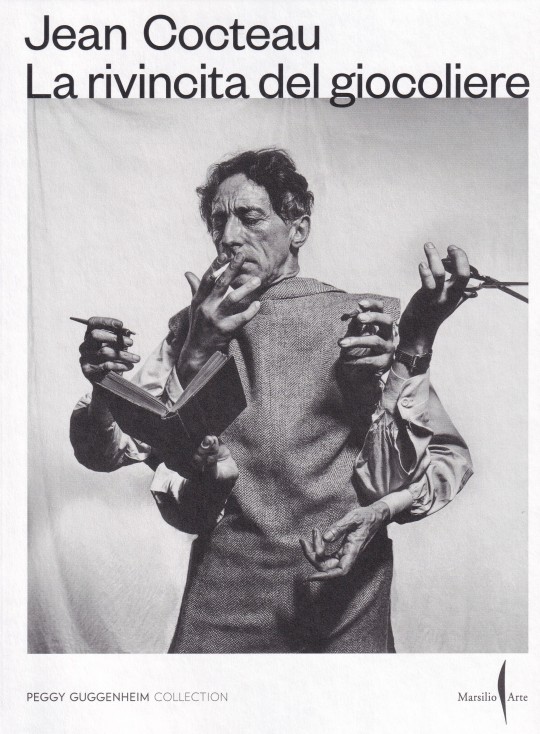

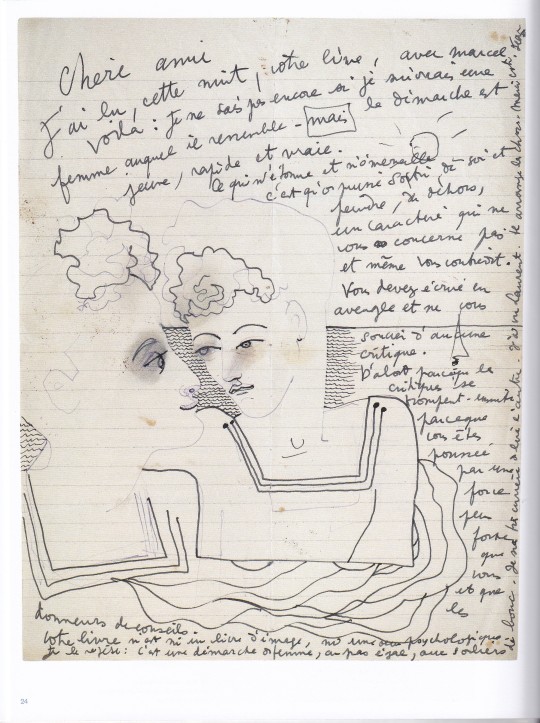
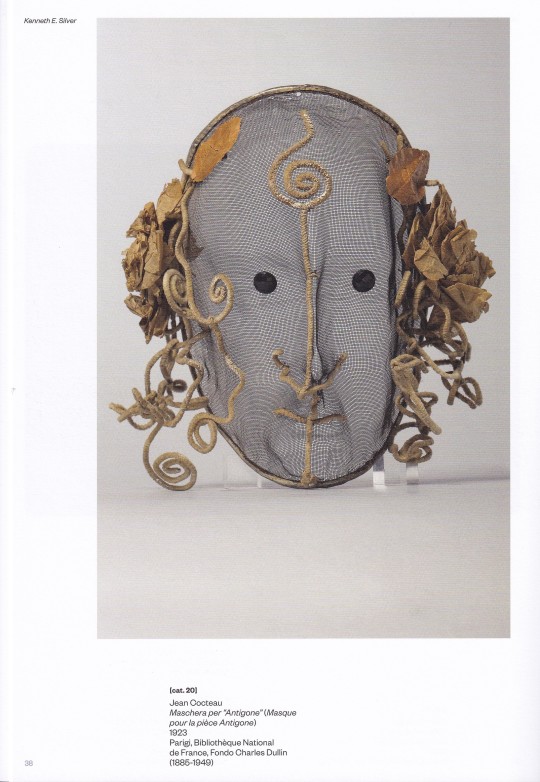
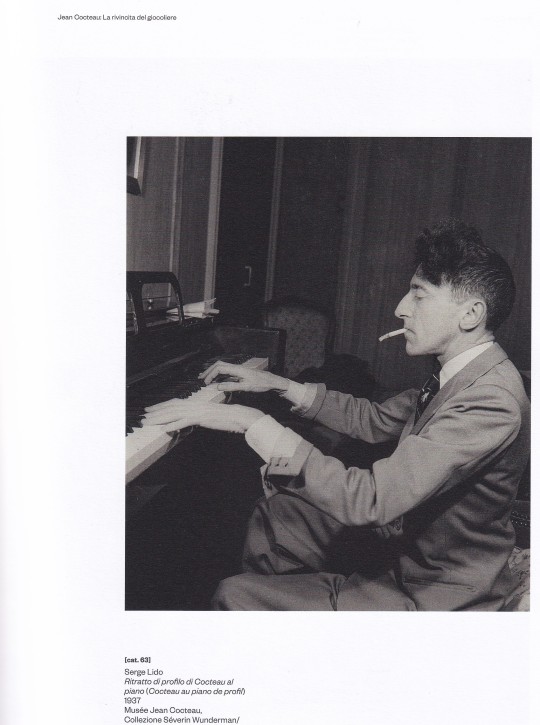
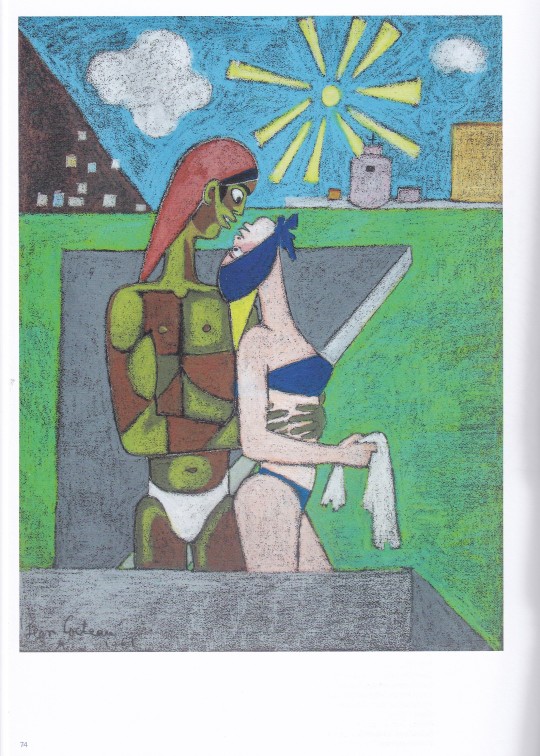
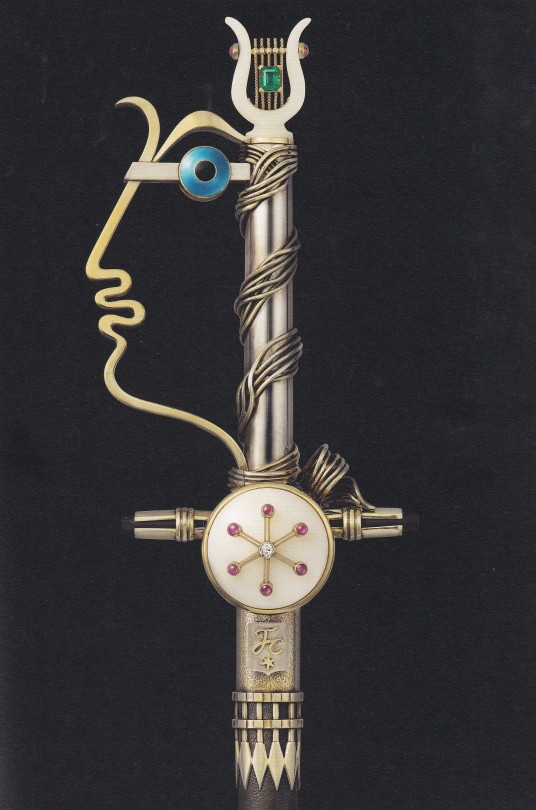
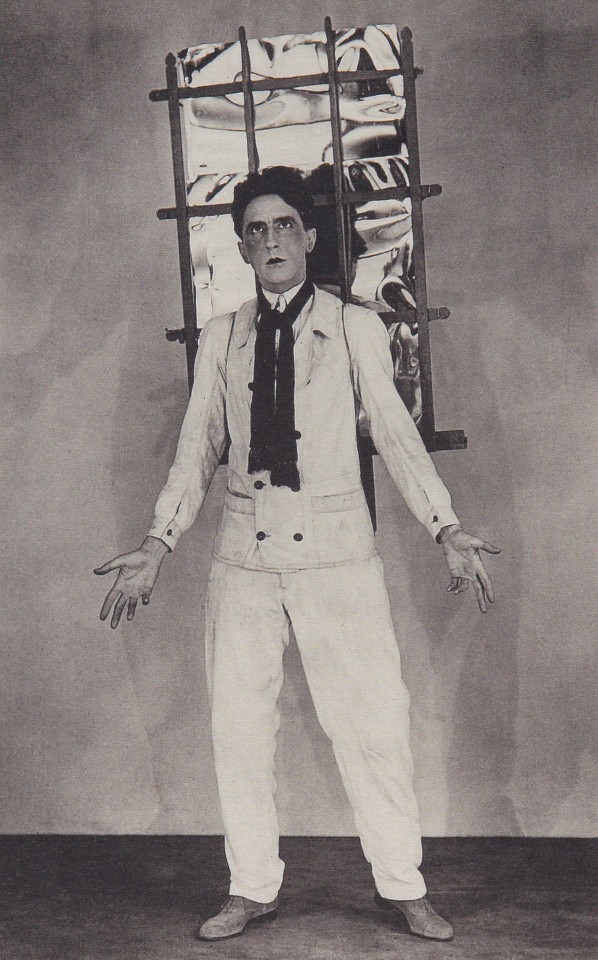
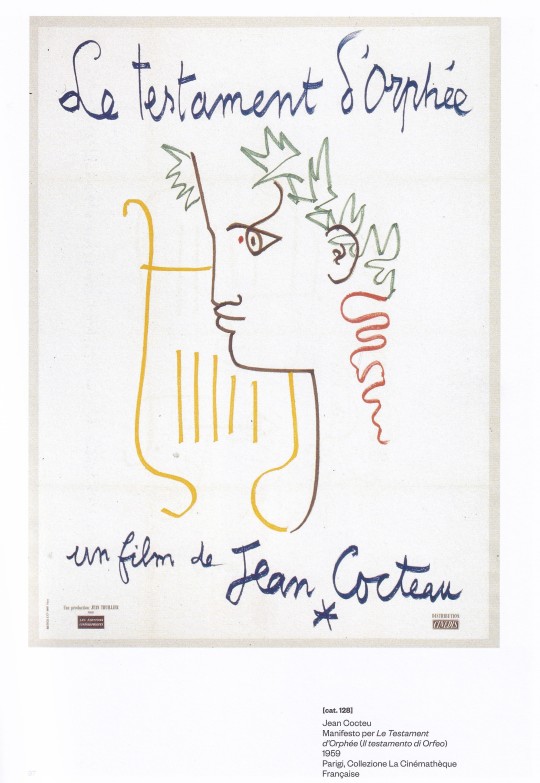

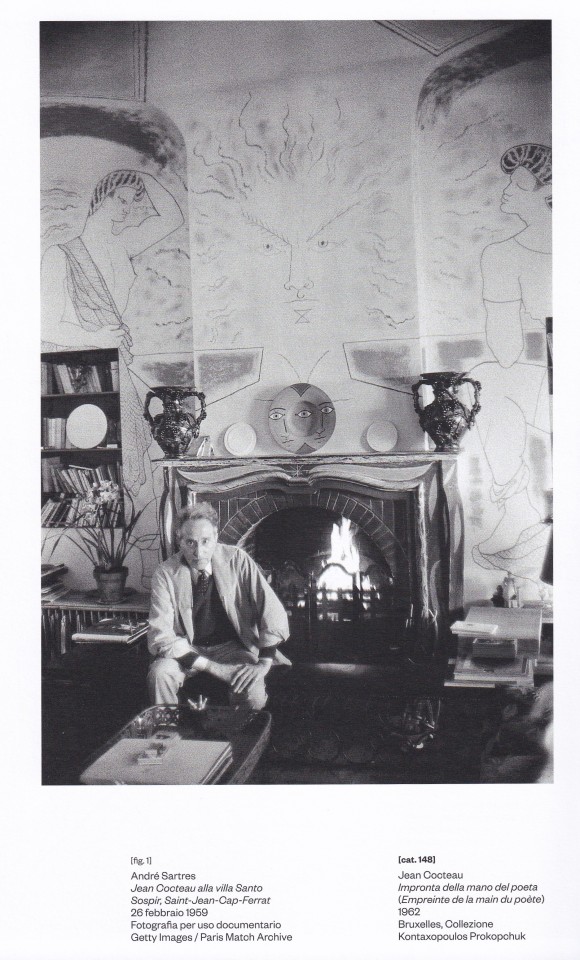
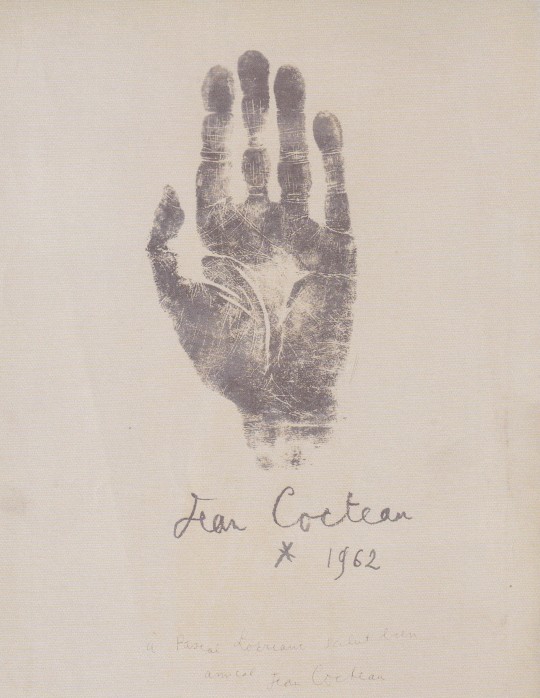
Jean Cocteau La rivincita del giocoliere
Peggy Guggenheim Collection
Kenneth E.Silver, saggio di Blake Oetting
Marsilio Arte, Venezia 2024 , 176 pagine, 20,5x26,8cm, ISBN 978124631676
euro 40,00
email if you want to buy [email protected]
«L’opera di Cocteau ci lascia una sensazione perdurante di felicità, non perché escluda la sofferenza, ma perché in essa nulla è rifiutato, rimpianto o crea rancore. La felicità è un segno di saggezza, più affidabile di quanto si creda, e forse lui ne ha più di altri…» Wystan Hugh Auden, poeta
Brillante, sorprendente e poliedrico. È Jean Cocteau (1889-1963), artista francese che ha lasciato un segno come disegnatore, regista, scenografo, muralista, designer di gioielli e di abiti. La poesia, tratto fondante del suo inconfondibile stile, è caratterizzata da atmosfere mitologiche e circensi e da una scrittura spiazzante che accompagnerà sempre la sua infinità di creazioni nei campi più disparati. In occasione della prima retrospettiva in Italia dedicata all’artista, allestita alla Collezione Peggy Guggenheim di Venezia, esce per Marsilio Arte il libro Jean Cocteau. La rivincita del giocoliere di Kenneth E. Silver, con un saggio di Blake Oetting (Orfeo, due e più volte: i riverberi queer di Jean Cocteau). Lo spazio espositivo �� anche un omaggio all’amicizia che legò l’artista a Peggy Guggenheim. Fu lui, infatti, a incoraggiare la giovane collezionista ad aprire nel 1938 la galleria londinese Guggenheim Jeune. Guggenheim ricambiò il sostegno ospitando più opere di Cocteau, all’epoca amico e consulente artistico di Marcel Duchamp. Da quel momento l’artista iniziò a frequentare la casa della mecenate newyorchese a Venezia, a Palazzo Vernier dei Leoni, innamorandosi della città. Guggenheim ribadì più volte che la parola era un mezzo di espressione che Cocteau utilizzava con virtuosismo da acrobata. La rivincita del giocoliere è un richiamo alla sua abilità di riuscire ad attraversare gli ambiti più disparati con uno sguardo trasversale, capace di cogliere e mettere in relazione l’estetica e la storia. Nel suo primo libro, La spaccata, lo stesso Cocteau si dice affascinato dagli artisti delle giostre e del circo, tanto che più avanti, a carriera avviata, inserirà due acrobati e un prestigiatore cinese nel libretto del balletto Parade, e il mago Merlino in I cavalieri della tavola rotonda. Fonte inesauribile di creatività e visioni, il genio di Cocteau si manifesta nei romanzi, tra cui Il libro bianco, in film come Il sangue di un poeta, con Lee Miller nei panni di una statura greca che prende vita, e nella Macchina infernale, rivisitazione dell’Edipo Re, solo per citare alcuni dei suoi capolavori. Cocteau stesso si racconta definendosi «una menzogna che dice sempre la verità»: nella sua opera si serve regolarmente del mito per presentare una storia e allo stesso tempo «riempirla di codici, costringendo il pubblico ad andare alla ricerca di ciò che è nascosto, come giocasse a nascondino».
05/05/24
19 notes
·
View notes
Text

Ama l'imperfetto tuo prossimo con l'imperfetto tuo cuore.
|| Wystan Hugh Auden
5 notes
·
View notes
Text
La bontà è più facile da riconoscere che da definire.
Wystan Hugh Auden
4 notes
·
View notes
Text
Music- rhythm and beauty ❤️⭐
"Night Mail"
by W.H. Auden (Wystan Hugh Auden)
(The rhythm of this poem is reminiscent of a train but it is also very reminiscent of a much earlier poem : " From a Railway Carriage" by R L Stevenson)
see under text of this poem
read by Jeremy Irons 👍🏽👍🏽👍🏽👍🏽⭐
This is the night mail crossing the Border, Bringing the cheque and the postal order, Letters for the rich, letters for the poor, The shop at the corner, the girl next door. Pulling up Beattock, a steady climb: The gradient’s against her, but she’s on time. Past cotton-grass and moorland boulder Shovelling white steam over her shoulder, Snorting noisily as she passes Silent miles of wind-bent grasses. Birds turn their heads as she approaches, Stare from bushes at her blank-faced coaches. Sheep-dogs cannot turn her course; They slumber on with paws across. In the farm she passes no one wakes, But a jug in a bedroom gently shakes. Dawn freshens, Her climb is done. Down towards Glasgow she descends, Towards the steam tugs yelping down a glade of cranes Towards the fields of apparatus, the furnaces Set on the dark plain like gigantic chessmen. All Scotland waits for her: In dark glens, beside pale-green lochs Men long for news. Letters of thanks, letters from banks, Letters of joy from girl and boy, Receipted bills and invitations To inspect new stock or to visit relations, And applications for situations, And timid lovers’ declarations, And gossip, gossip from all the nations, News circumstantial, news financial, Letters with holiday snaps to enlarge in, Letters with faces scrawled on the margin, Letters from uncles, cousins, and aunts, Letters to Scotland from the South of France, Letters of condolence to Highlands and Lowlands Written on paper of every hue, The pink, the violet, the white and the blue, The chatty, the catty, the boring, the adoring, The cold and official and the heart’s outpouring, Clever, stupid, short and long, The typed and the printed and the spelt all wrong. Thousands are still asleep, Dreaming of terrifying monsters Or of friendly tea beside the band in Cranston’s or Crawford’s: Asleep in working Glasgow, asleep in well-set Edinburgh, Asleep in granite Aberdeen, They continue their dreams, But shall wake soon and hope for letters,
And none will hear the postman’s knock
Without a quickening of the heart,
For who can bear to feel himself forgotten?
From a Railway Carriage
by Robert Louis Stevenson
Faster than fairies, faster than witches,
Bridges and houses, hedges and ditches;
And charging along like troops in a battle,
All through the meadows the horses and cattle:
All of the sights of the hill and the plain
Fly as thick as driving rain;
And ever again, in the wink of an eye,
Painted stations whistle by.
Here is a child who clambers and scrambles,
All by himself and gathering brambles;
Here is a tramp who stands and gazes;
And there is the green for stringing the daisies!
Here is a cart run away in the road
Lumping along with man and load;
And here is a mill and there is a river:
Each a glimpse and gone for ever!
From A Child’s Garden of Verses (1885)
7 notes
·
View notes